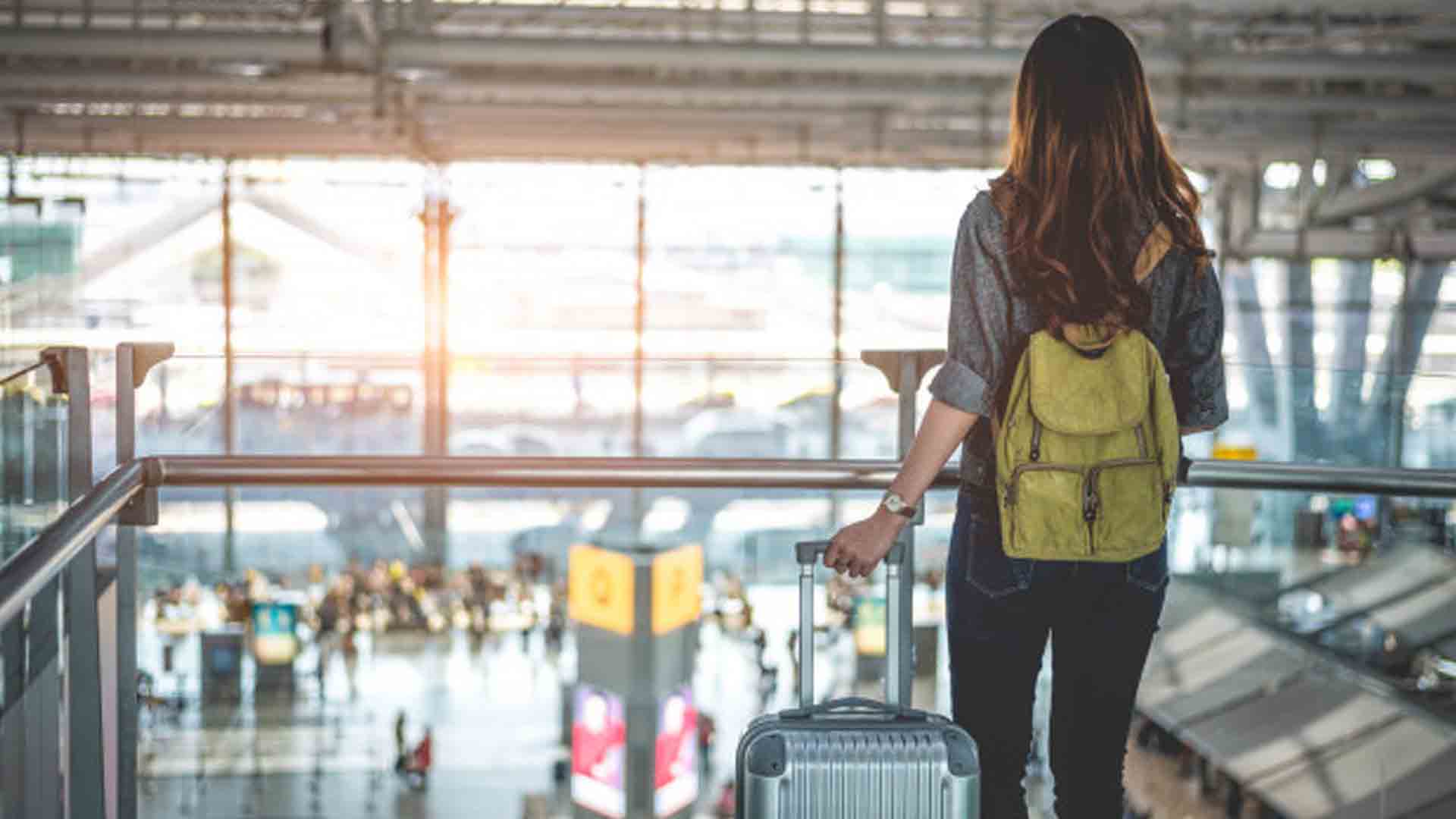After the government lifted restrictions of non-essential outbound travel beginning Oct. 21, Cabinet Secretary Karlo Nograles said they are now studying policies easing inbound travel restrictions amid the prevailing coronavirus disease 2019 (Covid-19) pandemic.
Nograles, the co-chair of the Inter-Agency Task Force for the Management of Emerging Infectious Diseases (IATF-EID), said the government will be reviewing non-essential inbound travel policies because they recognize that there are foreign citizens who also want to spend the holidays with their loved ones and fiancées in the Philippines.
“Pinag-aaralan pa ‘yan, yung sa inbound naman (It’s still being studied, lifting restrictions for inbound travel),” he said in a Facebook live on Saturday night.
Currently, Nograles said arriving Filipino passengers, including their spouse and children (Filipino or foreign), are allowed entry subject to quarantine procedures.
Also allowed entry are foreign crew members as well as foreign government and international organization officials accredited in the Philippines and uniformed personnel for official business, especially those transporting medical supplies, laboratory specimens, related to Covid-19, and other humanitarian assistance.
“For foreigners, international inbound passengers, it’s still a work in progress. Titingnan pa natin kung paano ma-resolve ‘yan (We’re still seeing how it can be resolved). At least we got the outbound, yung inbound naman next step na ‘yan (inbound will be the next step),” he added.
Nograles welcomed the lifting of restrictions for non-essential outbound travel beginning Oct. 21.
He said this development is proof that the government is sensitive to the plight of various groups and individuals that have requested the government for permission to leave the country to reunite with their loved ones.
“These go through a process, but we assure you that we listen to and act on all your requests,” he said.
On Friday, Presidential Spokesman Harry Roque first announced the new IATF ruling that “outbound travel of Filipinos, regardless of purpose, may be allowed” subject to compliance with the following requirements:
• For those traveling on tourist visas: submission of confirmed round-trip tickets and adequate travel and health insurance to cover travel disruptions and hospitalization in case of Covid-19 infections during their allowable period of stay abroad.
• Execution of a Bureau of Immigration declaration acknowledging the risks involved in traveling, including the risk of delay in their return trip, to be provided at the check-in counters by the airlines.
• As a pre-boarding requirement, a negative antigen test result taken within 24 hours before departure, in accordance with the guidelines and protocols as may be issued by the Department of Health with regard to its fair and appropriate use or, whenever required by the country of destination, a negative test result taken in accordance with the health and safety protocols of the destination country. Provided, that the undertaking of either test as appropriate shall be facilitated by the airline carrier.
The resolution also states that “overseas Filipino workers, students abroad and participants accepted in exchange visitor programs, permanent residents of foreign jurisdictions, and foreign nationals, may leave for abroad through any of the airports or seaports in the country.”
Those returning from abroad, per the resolution, shall be required to follow the Guidelines of the National Task Force for Returning Overseas Filipino Workers.
Nograles also reminded those headed for countries that require a reverse transcription-polymerase chain reaction (RT-PCR) test “need to get one.”
“In cases na silent, we still want outbound passengers to be tested. We want to have a level of confidence that the person who rides the plane is tested and is not infectious,” he said. (PNA)




